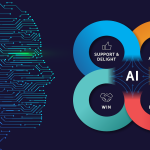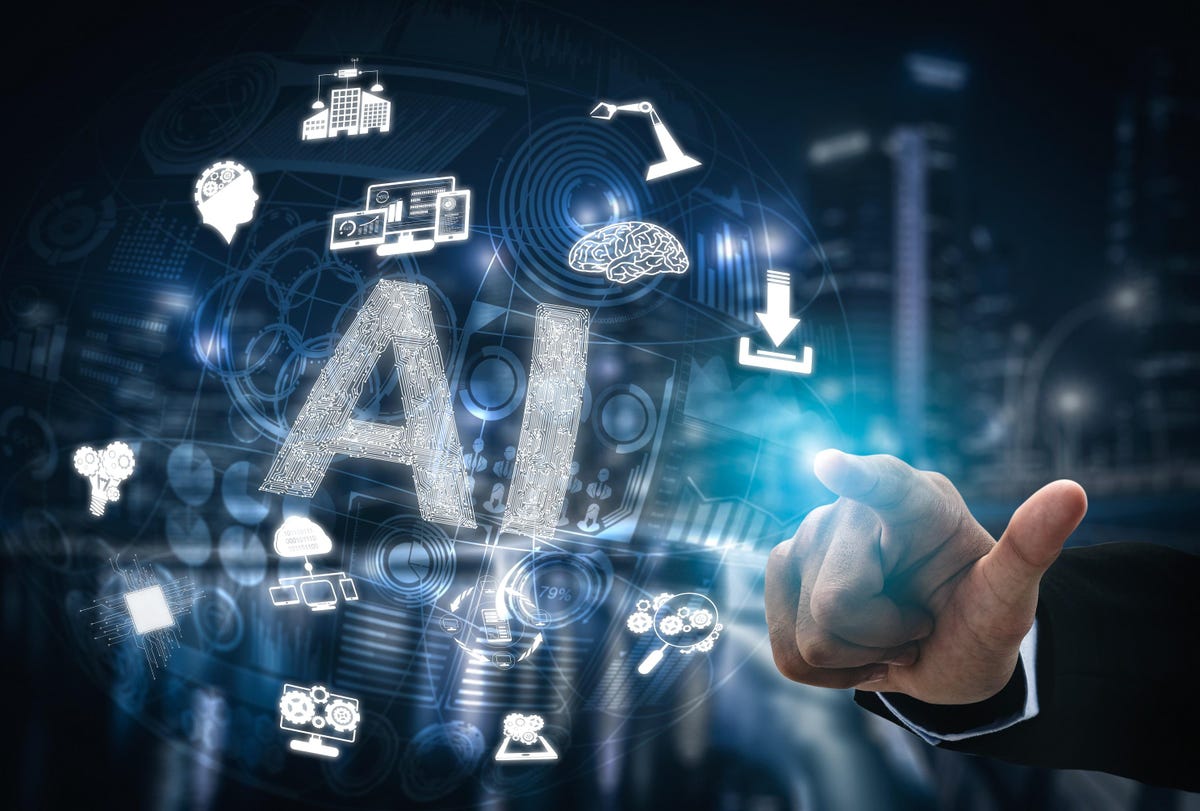In the era of rapid technological advancement, Artificial Intelligence (AI) is emerging as a pivotal tool for promoting sustainability in business operations. This integration of AI into sustainability efforts represents a promising path towards achieving eco-friendly practices. By leveraging AI’s analytical and predictive capabilities, businesses can not only reduce their environmental footprint but also enhance efficiency and cost-effectiveness. This blog post explores how AI is revolutionizing sustainable practices in various business sectors.
AI in Energy Management and Reduction of Carbon Footprint

One of the most significant applications of AI in sustainability is in energy management. AI algorithms are capable of analyzing large datasets to optimize energy usage in real-time, leading to significant reductions in power consumption and carbon emissions. For instance, smart grid technologies use AI to predict energy demand and supply, ensuring optimal distribution of renewable energy sources. This not only helps in reducing dependency on fossil fuels but also aids in minimizing the overall carbon footprint of businesses. Companies are now increasingly adopting AI-driven solutions to align with global efforts towards carbon neutrality.
Enhancing Resource Efficiency through AI
Another key area where AI contributes to sustainability is resource management. AI systems can predict resource needs, monitor usage patterns, and suggest ways to utilize resources more efficiently. This is particularly useful in manufacturing and logistics, where AI-driven predictive maintenance can anticipate equipment failures, thereby reducing waste and extending the life of machinery. In agriculture, AI helps in optimizing water usage and pesticide application, ensuring sustainable farming practices. These advancements demonstrate AI’s potential in making resource utilization more efficient and environmentally friendly.
AI in Waste Management and Recycling
Waste management is a critical challenge in the pursuit of sustainability. AI technologies are being employed to revolutionize this sector by enhancing waste sorting, recycling processes, and reducing landfill contributions. For example, AI-powered robots can sort waste more accurately and efficiently than humans, increasing the rate of recycling. Furthermore, AI algorithms can analyze consumption patterns to reduce waste generation at the source. This application of AI not only aids in effective waste management but also promotes a circular economy, where waste is minimized, and resources are continuously reused.
AI for Sustainable Supply Chain Management

Sustainable supply chain management is another area where AI is making a significant impact. AI helps in optimizing logistics, reducing transportation emissions, and ensuring that sustainability standards are met throughout the supply chain. This includes monitoring supplier practices for environmental compliance and using predictive analytics to minimize overproduction and excess inventory. By integrating AI into supply chain operations, businesses can achieve greater transparency and accountability, ensuring that their operations contribute positively to environmental sustainability.
Challenges and Ethical Considerations in AI-Driven Sustainability
While AI offers numerous benefits for sustainability, it also presents challenges and ethical considerations. The energy consumption of AI systems themselves, concerns around data privacy, and the potential for biased decision-making are areas that require careful consideration. It is crucial for businesses to address these challenges responsibly, ensuring that the adoption of AI in sustainability efforts is done in an ethical and environmentally conscious manner. By balancing the technological advancements with ethical practices, AI can truly become a force for good in driving eco-friendly business operations.






